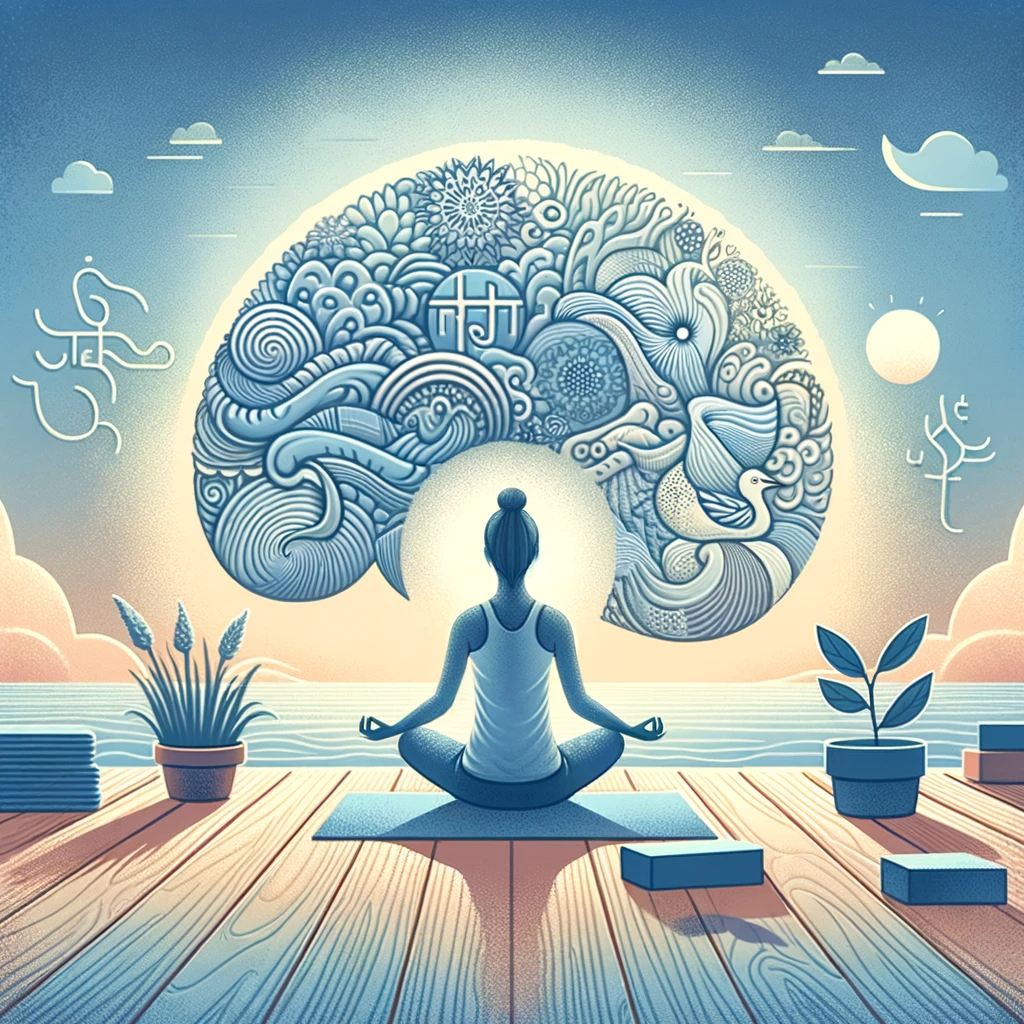Yoga, ADHD, and Anxious Neurodivergent Minds: A Dynamic Triad
Attention Deficit Hyperactivity Disorder (ADHD), a neurodevelopmental condition, manifests through various challenges, including focus, concentration, impulsivity, and hyperactivity. Individuals with ADHD often grapple with these symptoms, while anxiety is another frequent comorbidity. While medications and therapy are common remedies, the ancient practice of yoga, combining mindful breathing, movement, and meditation, shows promising results in managing these ADHD and anxiety symptoms.

Exploring ADHD and the Neurodivergent Mind
Faced with daily obstacles, ADHD individuals work with an incredibly high-velocity thought process, resulting in hyper-focus episodes and extreme distraction. Chronic stress, fatigue, and emotional extremes often accompany the challenging everyday tasks for them. The potential of yoga in promoting mental and physical balance in such scenario makes the practice a vital asset for this neurodivergent population.
The Power of Yoga in ADHD and Anxiety Management
Arising from ancient Indian philosophy, yoga has always been a crucial part of spiritual and cultural practices. Modern psychiatric and psychological research also acknowledge its value in managing neuropsychiatric disorders. For ADHD individuals, yoga offers significant benefits, like enhanced concentration, relaxation, and body awareness, which also positively impact anxiety symptoms.
Improved Focus
Improved concentration is a stand-out benefit of consistent yoga practice. The attention-demanding poses and Pranayama (yoga breath control) engage and condition the mind, enhancing focus over time. This translates into improved performance in daily tasks for ADHD individuals.
Effectual Relaxation
Yoga has a reputation for promoting relaxation through its control of breath and movement—essential to manage the co-existing conditions of ADHD and anxiety. The induced calm helps deter anxiety and manage triggers effectively.
Amplified Body Awareness
Yoga strengthens the mind-body communication and improves balance and self-control. This vital aspect is especially beneficial for hyperactive-subtype ADHD individuals. It enables them to direct their surplus energy effectively, promoting tranquillity in their everyday life.
Incorporating Yoga in ADHD and Anxiety Treatment
As an aid to conventional ADHD medication, yoga provides a holistic approach, nurturing healthier mind-body responses. Consult your healthcare provider or a certified yoga teacher familiar with therapeutic applications before initiating your yoga journey.
The GoblinX app offers a rich assortment of resource tools including therapy trackers, reminders, customizable flashcards for memory, stress-relief games, and a supportive online community. Integrating such digital aids with mindful initiatives like yoga leads to a comprehensive management approach widely appreciated by our community members.
Final Thoughts
Finding the best suit for ADHD management may involve some trial and error. Why not consider something naturally focused, globally accessible, and promotes a sense of calm like yoga? Given its potential benefits, it could be a life-changing complementary therapy in managing ADHD and anxiety symptoms.









